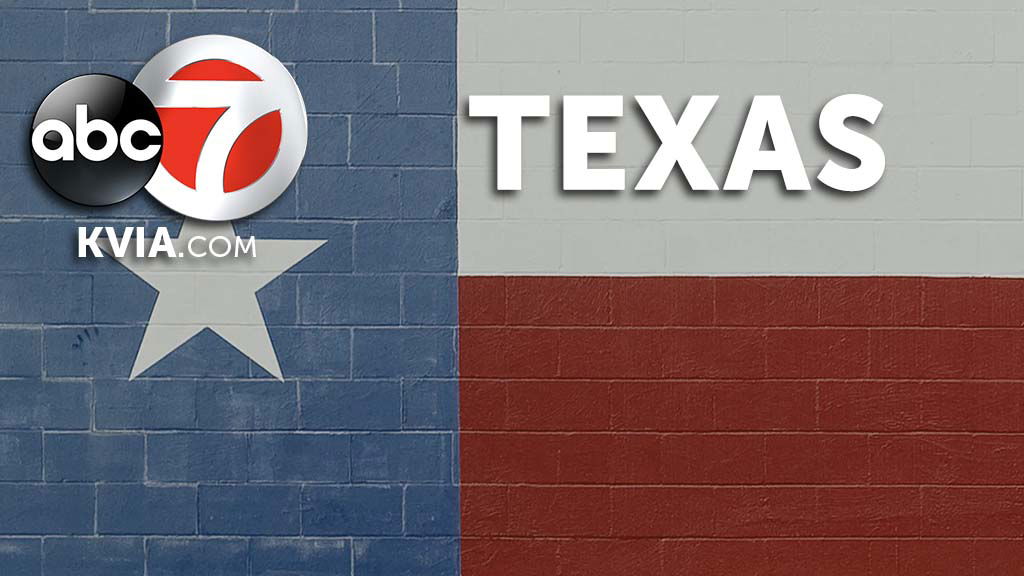Safety investigators subpoena pilots over close call at JFK

By DAVID KOENIG
AP Airlines Writer
Federal investigators said Friday they issued subpoenas to force the pilots of an American Airlines jet to sit for recorded interviews about a close call with a Delta plane on a runway at New York’s Kennedy Airport last month.
The National Transportation Safety Board said it attempted to interview the crew members three times, but a union representative said the pilots refused to have their statements recorded.
“NTSB has determined that this investigation requires that the flight crew interviews be audio recorded and transcribed by a court reporter to ensure the highest degree of accuracy, completeness, and efficiency,” the agency said in a preliminary report. “As a result of the flight crew’s repeated unwillingness to proceed with a recorded interview, subpoenas for their testimony have been issued.”
The three pilots have seven days to respond to the subpoenas, which direct them to appear for interviews at NTSB headquarters in Washington. American said they are not currently flying for the airline.
NTSB investigators won’t get to hear any conversation that took place among the pilots in the cockpit during the incident — in some cases, a very valuable investigative tool. The recording was taped over when the crew took off for London shortly after the close call.
The NTSB said the American Airlines Boeing 777 crossed an active runway on Jan. 13 without approval from air traffic controllers, and that led to a close call with a Delta Air Lines Boeing 737 that was taking off on the same runway.
Disaster was averted when an air traffic controller, using an expletive, urgently told pilots of the Delta jet to stop their takeoff. Audio recordings show that the controller immediately communicated the severity of the situation to the American Airlines crew.
The pilots have not been identified. The union that advised them not to sit for interviews said it objects that NTSB now records such interviews instead of merely taking notes, which the union says is accurate enough.
“NTSB investigations are intended to be fact-finding proceedings with no adverse parties. We do not believe that this should be an adversarial issue,” the Allied Pilots Association said in a statement.
The union said that changing the interviews from notes to recordings “discourages otherwise cooperative witnesses from participating in the fact-finding process” and runs against the purpose of promoting safety.
The NTSB said that it has a long practice of recording some interviews, and that doing so is especially important in this case because the cockpit voice recording was overwritten.
“It is unusual for pilots not to agree to be interviewed,” said John Cox, a former airline pilot and now a safety consultant.
American, which is based in Fort Worth, Texas, said it was cooperating with the NTSB.
The American crew took off shortly after the nighttime incident and completed its scheduled flight to London. The Delta pilots returned their plane to the gate. Delta put up passengers overnight, and the plane left the next morning for the Dominican Republic.
The cockpit voice recordings in both planes were lost as a result. The devices typically capture a two-hour loop before being recorded over.
The NTSB said an air traffic controller at JFK was alerted to the danger of the American jet crossing the wrong runway by a surveillance system that lets controllers track the movement of planes and vehicles on the ground.
The board said the American Airlines Boeing 777 and the Delta Boeing 737 were separated by about 1,400 feet at the closest point — a bit farther apart than previously reported.
Another close call occurred last weekend at the airport in Austin, Texas, when a FedEx cargo plane was cleared to land on the same runway from which a Southwest Airlines plane was taking off. The FedEx pilots were able to abort their landing and avoid a collision. The NTSB is also investigating that incident.
